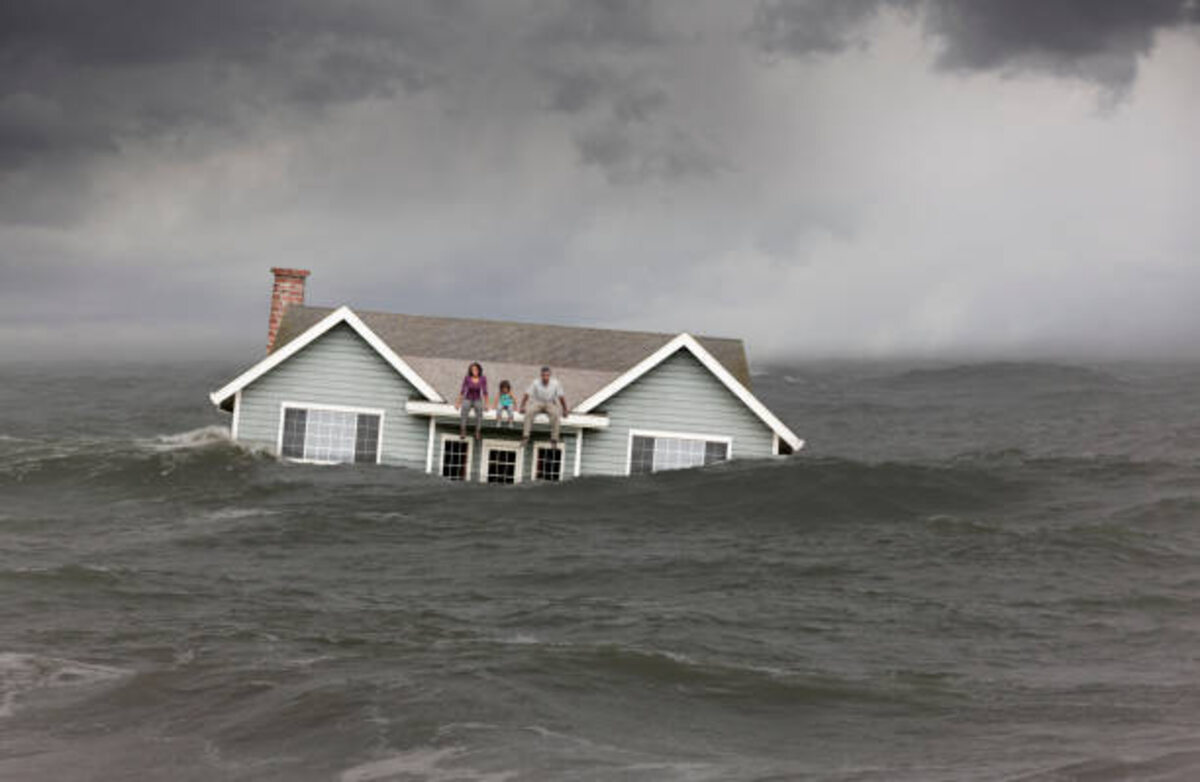Flooding is a severe worldwide issue that causes millions of dollars in damages yearly. It can be frustrating to buy a home only to incur additional costs dealing with the damage caused by flooding. Taking preventive measures can help you avoid this risk altogether. In this article, we will look at some things homeowners can do to protect their homes from flooding.
Table of Contents
Assess Your Risk
Before you do anything, you should assess whether your home is at risk of flooding. After all, there is no need to take precautionary measures if there is no risk. The good news here is that there are lots of resources that can help you know if your home is at risk of flooding. Different organizations have produced detailed maps that tell you the level of risk to your home and property.
According to these maps, homes in orange zones are at the least risk, followed by those in blue zones. Those in the yellow zones are at an undetermined risk, while those in zones designated blue with red stripes are regulatory floodways.
Once you know the level of risk to your home, you will be in a better position to determine the measures you need to take.
Ensure You Have a Functional Storm Sewer System
A stormwater system is crucial for stormwater management. The exemplary system has an adequate diameter, depth, and slope so that it does not allow water to back up.
When constructing such a system, the contractor will do their calculations based on how much stormwater you have to deal with, your property’s slope as well as the velocity of the water to ensure they design a system that can take all this water away from your house.
As a homeowner, it would be difficult or even impossible for you to do all these calculations and ensure a proper stormwater sewer system. This is why it is essential to contact a storm sewer design expert and rely on them to ensure the system is not only well designed but that it works when you need it most, i.e., during the rainy season.
Prepare Your Home
Even with a functional storm sewer system, there is always the risk of flooding, especially if you still need to prepare your home adequately. Start by ensuring your home is raised above the flooding level. If you do have a basement, it will likely be flooded, and this is why you also need to install sump pumps.
Sump pumps remove water from basements when flooding happens. There are automatic sump pumps with detection systems that turn on without any interventions once they detect water.
Use Sealants and Coatings
Numerous products on the market are designed to make your home as waterproof as possible. These coatings and sealants are applied to basement walls, foundations, doorways, and windows to keep water out.
Being proactive and prepared in case flooding happens is the best way to minimize damage. Once flooding happens, you can protect your home by turning off the power and removing water as quickly as possible.

